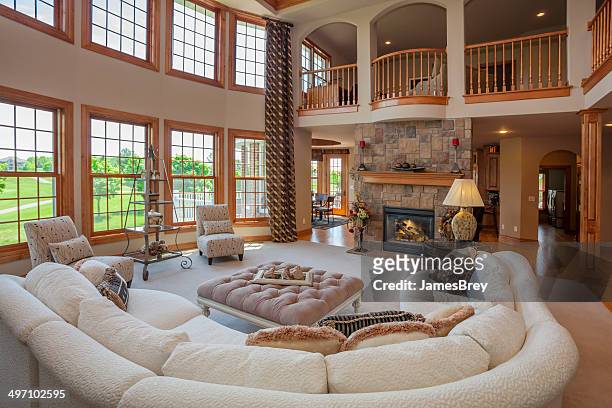 Liverpool’s young player, Jayden Danns, has been making waves not only for his skills on the field but also for the unique perks that accompany his contract. Despite earning a modest weekly salary of 200 euros, Danns enjoys the luxury of residing in a lavish villa, showcasing a distinctive approach to player compensation.
Liverpool’s young player, Jayden Danns, has been making waves not only for his skills on the field but also for the unique perks that accompany his contract. Despite earning a modest weekly salary of 200 euros, Danns enjoys the luxury of residing in a lavish villa, showcasing a distinctive approach to player compensation.


 In the world of football, player salaries often reflect a combination of factors, including age, experience, skill level, and potential. Jayden Danns, being a young player, may still be in the early stages of his professional career, which could explain the comparatively lower salary. However, the decision to provide him with a luxury villa as part of his compensation package adds an intriguing twist to the conventional player remuneration model.
In the world of football, player salaries often reflect a combination of factors, including age, experience, skill level, and potential. Jayden Danns, being a young player, may still be in the early stages of his professional career, which could explain the comparatively lower salary. However, the decision to provide him with a luxury villa as part of his compensation package adds an intriguing twist to the conventional player remuneration model.

 The concept of offering accommodation as part of a player’s contract is not entirely unprecedented, but the level of opulence associated with Danns’ living arrangements raises eyebrows. Luxury villas are typically associated with top-tier, high-earning players, and to extend such amenities to a young player with a more modest salary is a departure from the norm.
The concept of offering accommodation as part of a player’s contract is not entirely unprecedented, but the level of opulence associated with Danns’ living arrangements raises eyebrows. Luxury villas are typically associated with top-tier, high-earning players, and to extend such amenities to a young player with a more modest salary is a departure from the norm.
 This move by Liverpool could be seen as an investment in the player’s well-being and performance. Providing a comfortable and luxurious living space may contribute to a positive and focused mindset, potentially enhancing Danns’ on-field performance. Additionally, it may serve as a gesture of faith in his long-term potential, encouraging loyalty and commitment to the club.
This move by Liverpool could be seen as an investment in the player’s well-being and performance. Providing a comfortable and luxurious living space may contribute to a positive and focused mindset, potentially enhancing Danns’ on-field performance. Additionally, it may serve as a gesture of faith in his long-term potential, encouraging loyalty and commitment to the club.
 However, questions may arise regarding the financial sustainability and fairness of such arrangements, especially when other players in similar positions might not enjoy similar benefits. The dynamics of football club finances and player contracts are intricate, often involving negotiations influenced by various factors.
However, questions may arise regarding the financial sustainability and fairness of such arrangements, especially when other players in similar positions might not enjoy similar benefits. The dynamics of football club finances and player contracts are intricate, often involving negotiations influenced by various factors.
 From a broader perspective, Danns’ situation highlights the evolving nature of player compensation in football. Clubs are exploring innovative ways to attract and retain talent, recognizing that financial packages alone may not always be sufficient. Non-monetary perks, such as luxury accommodation, can play a crucial role in shaping a player’s overall experience and satisfaction with a club.
From a broader perspective, Danns’ situation highlights the evolving nature of player compensation in football. Clubs are exploring innovative ways to attract and retain talent, recognizing that financial packages alone may not always be sufficient. Non-monetary perks, such as luxury accommodation, can play a crucial role in shaping a player’s overall experience and satisfaction with a club.
 As the football landscape continues to evolve, the case of Jayden Danns and his luxury villa serves as a captivating example of how clubs are redefining traditional norms in player compensation, aiming to strike a balance between financial responsibility and the well-being of their athletes. Only time will tell whether such practices become more widespread or remain as unique cases in the ever-changing world of football economics.
As the football landscape continues to evolve, the case of Jayden Danns and his luxury villa serves as a captivating example of how clubs are redefining traditional norms in player compensation, aiming to strike a balance between financial responsibility and the well-being of their athletes. Only time will tell whether such practices become more widespread or remain as unique cases in the ever-changing world of football economics.